
The world of television and cinema has this magical ability to whisk us away, right? One minute you’re chilling on your couch, the next you’re deep in a royal court, dodging nuclear fallout, or witnessing history being made. Forget those dusty textbooks; today’s historical dramas aren’t just bringing the past to life, they’re making it pulse with intrigue, romance, and all the drama you could ever ask for. With myriad streaming options, these shows are bigger, bolder, and more engaging than ever.
It’s truly incredible how often the “reel” world bumps up against the “real” world, sometimes in the most unexpected ways. We’re not talking about those blink-and-you-miss-it historical Easter eggs, but full-blown, world-altering events meticulously (and sometimes dramatically!) recreated for our viewing pleasure. From epic narratives to nuanced dramas set against researched backdrops, these productions prove historical accuracy and dramatic appeal absolutely can go hand-in-hand.
In an era where streaming platforms compete for viewers’ attention, historical TV dramas have emerged as a cornerstone of premium entertainment. They blend meticulous period accuracy with compelling storytelling. This comprehensive guide, curated for passionate viewers like you, showcases some of the finest television and film dramas that have revolutionized how we experience history through the screen. Get ready to grab your snacks for a journey through time! We’ve scoured the cinematic landscape to bring you 12 jaw-dropping historical events that weren’t just pivotal moments in human history. They also became the stars of some truly unforgettable TV shows and movies. Whether you’re a hardcore history buff or just love a good story, you’re about to see how premium entertainment has totally revolutionized how we experience history. Let’s dive in!
1. **The Reign of Queen Elizabeth II (As Seen in *The Crown*)**Ever wondered what it was really like inside Buckingham Palace during Queen Elizabeth II’s reign? Well, *The Crown* has got you covered! This lavish Netflix series masterfully blends major historical events with deeply personal drama. It’s like getting a privileged peek at the ultimate royal diary, but with way better costumes, incredible acting, and an Emmy-winning cast. You really feel the weight of history unfolding.
The show, inspired by real events and Peter Morgan’s 2013 play *The Audience*, takes us deep into the political and personal struggles of Britain’s longest-reigning monarch. From Claire Foy’s stoic early days to Olivia Colman’s seasoned portrayal, and finally Imelda Staunton bringing the later years to life, each actress delivered powerhouse performances. These rightfully earned the series multiple Emmys, including Outstanding Drama Series.
What truly makes *The Crown* stand out is its meticulous attention to period detail. We’re talking about everything from spot-on, often drool-worthy costumes to intricately designed sets that perfectly replicate royal grandeur and political chambers. This wasn’t some shoestring budget production; the context mentions it was “reportedly costing $14.4 million per episode.” It’s one of Netflix’s most ambitious and expensive projects. Talk about going all out for authenticity and dramatic flair!
This series has undoubtedly set new standards for historical accuracy in set design, costumes, and cultural details. It demonstrates how much modern productions invest to truly get it right. It’s not merely a show; it’s a living, breathing history lesson wrapped in a glamorous, engaging package. You can literally feel the immense weight of history and the personal sacrifices made for the Crown in every single episode.
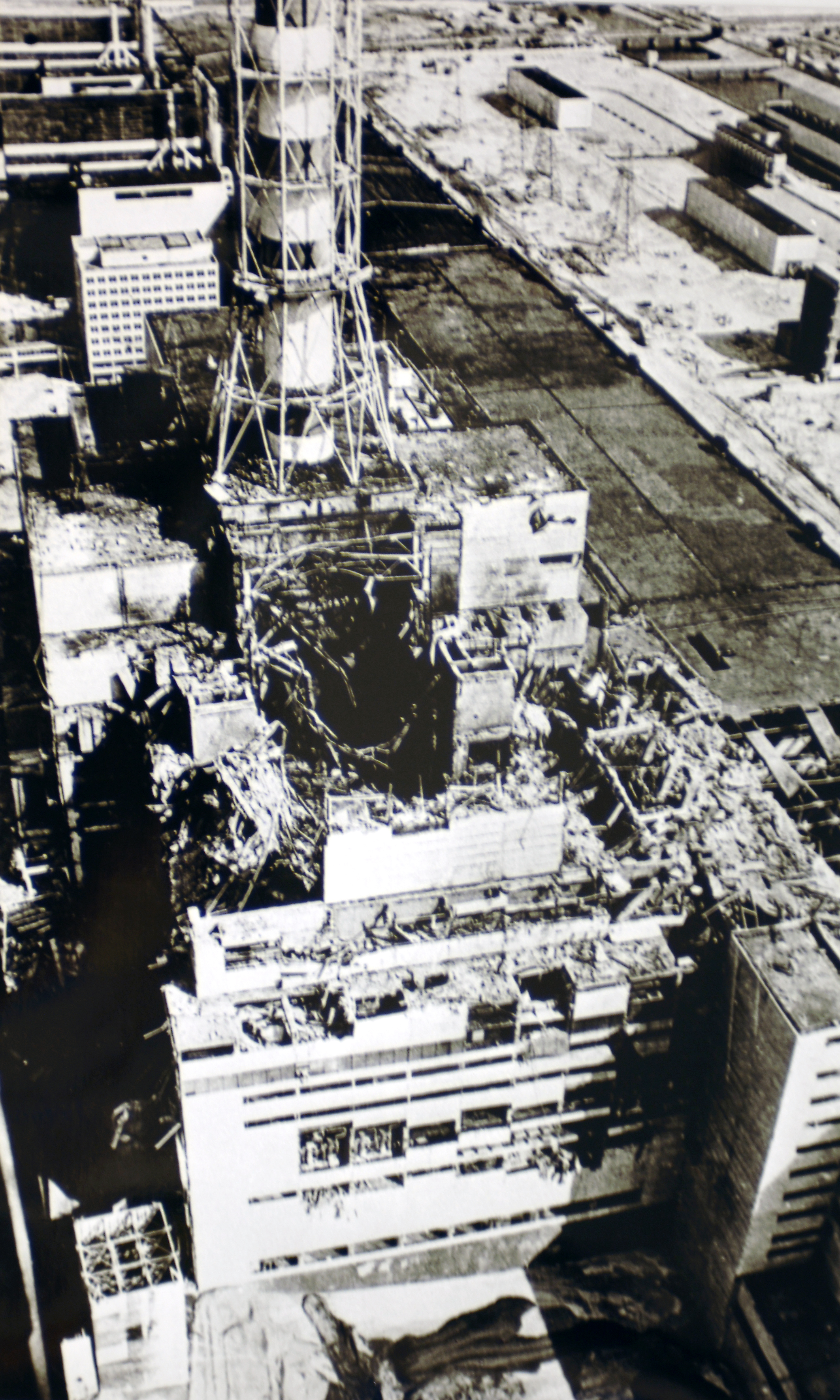
2. **The Chernobyl Nuclear Disaster (As Seen in *Chernobyl*)**Prepare to have your heart race and your jaw drop, because the 1986 Chernobyl nuclear power plant disaster was one of the most important and scariest events of the 1980s. HBO’s *Chernobyl* miniseries brings every terrifying detail to vivid life. This isn’t just a dramatization; it’s a gripping reconstruction exploring the scientific, political, and human factors that culminated in one of the worst nuclear accidents in history. It truly makes you rethink safety protocols!
The miniseries, featuring powerful performances by Jared Harris, Stellan Skarsgård, and Emily Watson, was an absolute awards magnet. It scooped up multiple Emmy and Golden Globe awards for its exceptional writing, directing, and acting. The production was widely praised for its hauntingly realistic portrayal, capturing the sheer scale of the catastrophe and the heroic, often tragic, efforts made to contain it. The sense of dread and sacrifice is palpable throughout.
What really cements its historical impact is how the real-life meltdown not only helped show just how technologically messed up the USSR was. It was also “used as a rallying cry by anti-nuke protestors in the West.” The show pulls no punches in illustrating this global ripple effect and immediate societal changes. To achieve chilling authenticity, much of the series was filmed in Lithuania, brilliantly replicating the abandoned Soviet-era city of Pripyat. You feel like you’re right there amidst the devastation.
*Chernobyl* is a prime example of how television can transport viewers to different eras and emotional states with profound accuracy. It delivers a masterful balance of authenticity and entertainment, proving that even the most harrowing historical events can be told with meticulous period accuracy and compelling storytelling. This leaves a lasting impression that goes far beyond the screen, cementing its place as an essential watch.
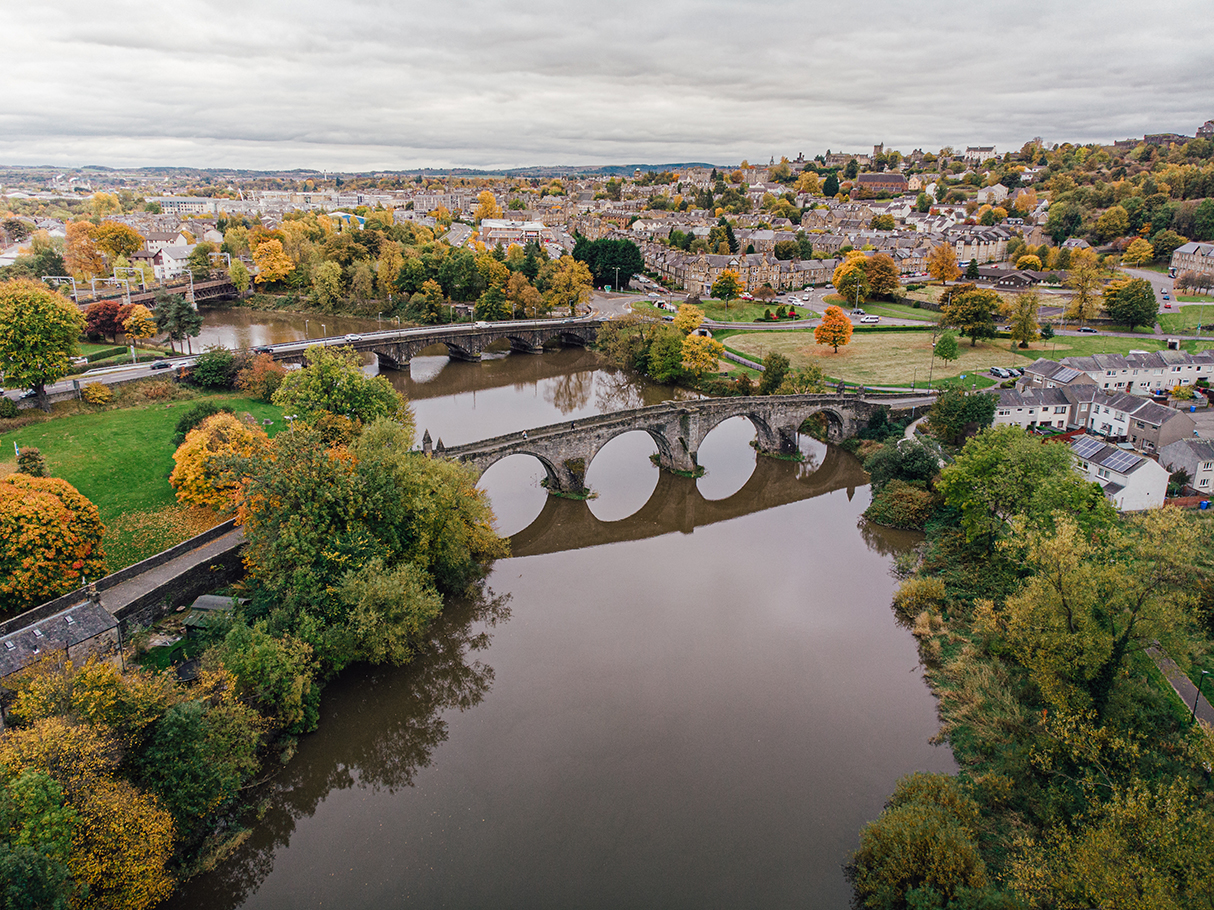
3. **The Battle of Stirling Bridge (As Seen in *Braveheart*)**If you’re a fan of epic battles and underdog heroism, then the story of the Battle of Stirling Bridge, as depicted in *Braveheart*, is probably etched into your memory! While the movie isn’t always hailed as the *most* historically accurate film, it certainly “does try to tell the true story” of this monumental clash. It was a huge turning point in the Scottish/English war, giving us seriously iconic movie moments and rallying cries.
This particular battle was far more than just a fight; it became a powerful symbol of Scottish resistance and a defining moment in their struggle. “Ever since, many in Scotland have used it as a rallying point for independence,” demonstrating the enduring power of historical events, even when filtered through a Hollywood lens. *Braveheart* captured the raw emotion and fierce determination that characterized this struggle, inspiring generations with its portrayal of William Wallace’s fight for freedom.
The film undeniably takes liberties with certain historical details, but its impact on popular culture and its ability to ignite interest in Scottish history is undeniable. It showcases how creative liberties, when handled skillfully and with a clear narrative purpose, “can enhance rather than diminish historical storytelling” for a wider audience. You might not get a documentary, but you get a story that sticks with you and makes you want to learn more about the real history.
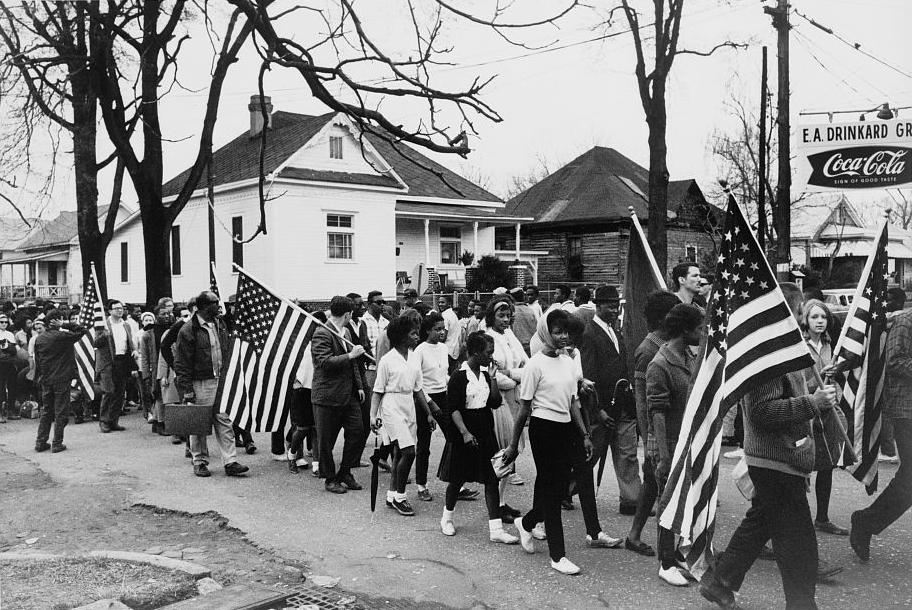
4. **The Selma to Montgomery Marches (As Seen in *Selma*)**It’s genuinely hard to put into words just how historically important the Civil Rights Movement of the 1960s in the US was, not just for America, but for the entire world. “It’s a movement that is impossible to tell the complete story of in one movie or TV show,” but the film *Selma* does an absolutely incredible job of focusing on “one of the most significant events of the movement.” It captures the essence of a struggle that continues to resonate globally.
*Selma* powerfully depicts the series of three protest marches, led by Martin Luther King Jr., from Selma, Alabama, to the state capital of Montgomery in 1965. These marches were pivotal in the fight for voting rights for African Americans. The movie doesn’t shy away from showing the brutal realities faced by the peaceful demonstrators. It’s a stark reminder of the immense courage and resilience required to enact social change against formidable and deeply entrenched opposition.
The film beautifully illustrates how a specific, concentrated moment in history—like the Selma marches—can serve as a powerful microcosm for a much larger, global movement for justice and equality. It captures the essence of a fight that inspired countless others around the world and continues to be a benchmark for understanding social justice. This isn’t just history; it’s a testament to the power of collective action and the unwavering pursuit of fundamental human rights.
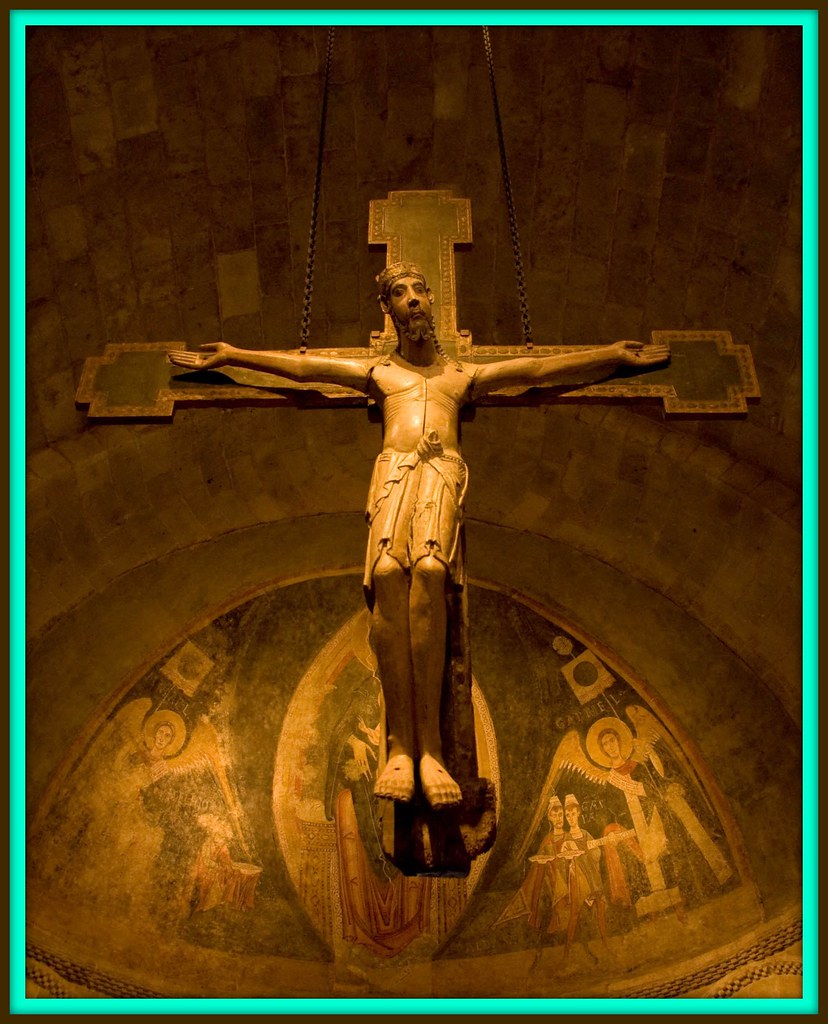
5. **The Crucifixion of Jesus (As Seen in *The Passion of the Christ*)**Okay, let’s talk about an event that, regardless of your personal beliefs, has had an unparalleled and profound effect on human history: the crucifixion of Jesus. “Setting aside the politics of Mel Gibson’s controversial *The Passion of the Christ*,” there simply isn’t a story ever told that “has had such a profound effect on human history.” It’s a truly foundational narrative for a huge chunk of humanity, influencing cultures and civilizations for millennia.
“Even if you are a nonbeliever,” the historical ripple effects of this event are undeniable and far-reaching. Its influence spans millennia, shaping art, literature, law, and countless moral and ethical frameworks across continents. The story, whether viewed as fable or historical truth, has informed the lives and decisions of billions. This makes it a pivotal moment in the grand tapestry of human civilization and historical development.
*The Passion of the Christ* endeavors to portray the final hours of Jesus’ life with intense, visceral detail. While its interpretation and portrayal are certainly subjects of ongoing discussion, the film undeniably brought a stark and often harrowing depiction of this seminal event to the big screen. It sparked widespread dialogue and introspection about its historical and spiritual significance among a global audience.
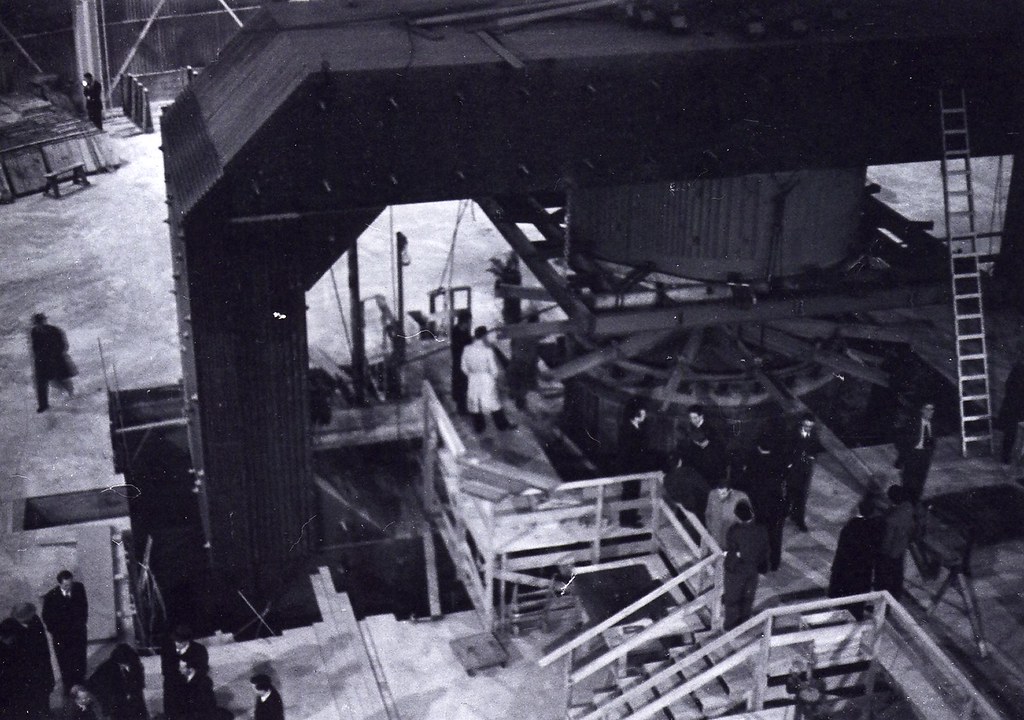
6. **The Manhattan Project & Atomic Bomb (As Seen in *Oppenheimer*)**Hold onto your hats, because few historical endeavors scream “world-changer” quite like the Manhattan Project and the development of the atomic bomb, brought to stunning, Oscar-winning life in Christopher Nolan’s *Oppenheimer*! “The winner of the 2024 Oscar for Best Picture (and a bunch more),” this cinematic masterpiece isn’t just a biopic. It’s a deep dive into the terrifying brilliance and moral complexities behind one of humanity’s most monumental and destructive scientific achievements.
The terrifying effects of this invention “not only did it’s terrifying effects help end World War II, but it cast a pall over the rest of the 20th Century.” It directly led to “the USA and the USSR locked horns in the Cold War and an arms race that threatened to end the world.” Talk about a development with immediate *and* long-term consequences, fundamentally reshaping global power dynamics and fear!
*Oppenheimer* meticulously explores the brilliant minds and intense pressures that characterized this secret project. It shows how a handful of scientists, led by J. Robert Oppenheimer, grappled with the immense power they were unleashing upon the world. The film makes it clear that the consequences of their work extended far beyond the battlefield, fundamentally altering geopolitical landscapes and ushering in a new, more dangerous era of global politics and international relations.
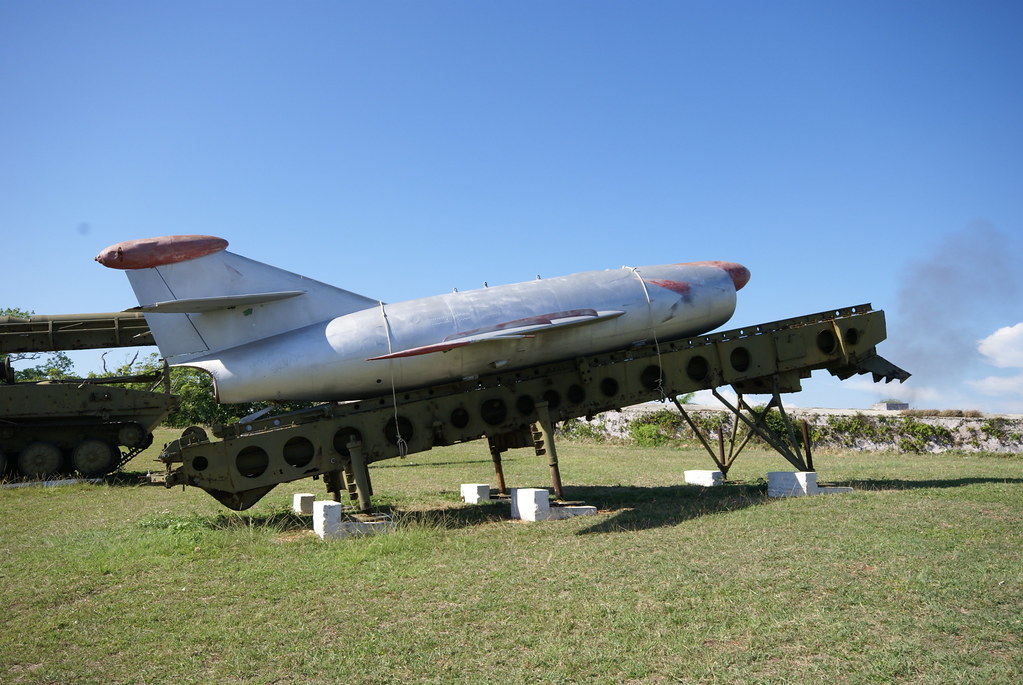
7. **The Cuban Missile Crisis (As Seen in *Thirteen Days*)**Okay, prepare to hold your breath, because during the Cold War, the world came terrifyingly close to a “hot war” right there in 1962 with the Cuban Missile Crisis. It was truly a harrowing time, a high-stakes standoff that had everyone on the edge of their seats, wondering if cooler heads would prevail and avert a global catastrophe. If they hadn’t, things on this planet might be profoundly different today, making it one of those historical moments that literally defines a generation.
The nail-biting drama of this pivotal event is brought to life with incredible intensity in *Thirteen Days*. This gripping film plunges you right into the heart of the White House, showing the immense pressure, frantic deliberations, and strategic maneuvering that unfolded behind closed doors. You get a front-row seat to the desperate efforts to de-escalate the situation, experiencing the tension almost as if you were there with President Kennedy and his advisors.
The movie does an exceptional job of capturing the raw fear and monumental responsibility felt by those in power during those “thirteen days.” It’s a powerful testament to diplomatic courage and the sheer weight of global leadership, reminding us just how fragile peace can be. *Thirteen Days* is more than just a historical recount; it’s a stark, compelling lesson in crisis management and the art of avoiding nuclear annihilation.
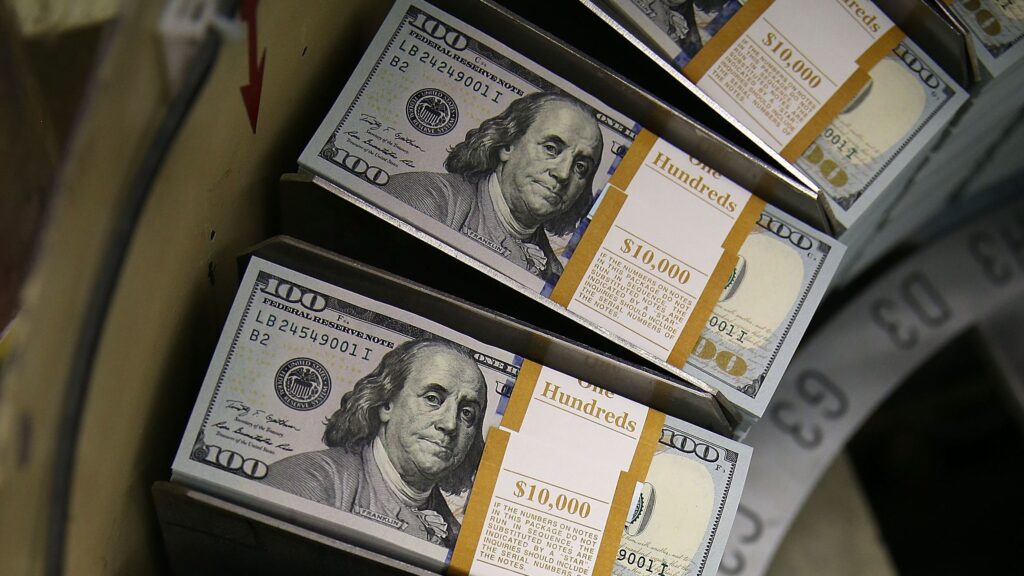
8. **The 2008 Financial Meltdown (As Seen in *The Big Short*)**Remember 2008? The year the global economy decided to go on a rollercoaster ride, and not the fun kind. The 2008 financial meltdown sent shockwaves across the globe, bringing some of the world’s largest economies to their knees. It was a dizzying, complex series of events fueled by wild speculation and, frankly, a shocking amount of lawlessness in the US housing and stock markets. Talk about a mess!
Now, trying to wrap your head around derivatives, subprime mortgages, and credit default swaps can feel like trying to solve a Rubik’s Cube blindfolded. But here’s where *The Big Short* swoops in like a financial superhero! This incredible film does an absolutely genius job of “uncomplicating it,” using witty, often hilarious, and surprisingly relatable explanations to break down the absurdities that led to the crisis. It turns what could be a dry economics lecture into an utterly compelling, star-studded drama.
The movie brilliantly showcases the few eccentric outsiders who saw the impending disaster coming and decided to bet against the entire system. It’s a stark, often infuriating, look at how human greed and systemic failures can have devastating “ripple effects all over the world,” impacting millions of ordinary people. *The Big Short* isn’t just about finance; it’s a powerful and entertaining exposé of a critical moment that reshaped our economic landscape.
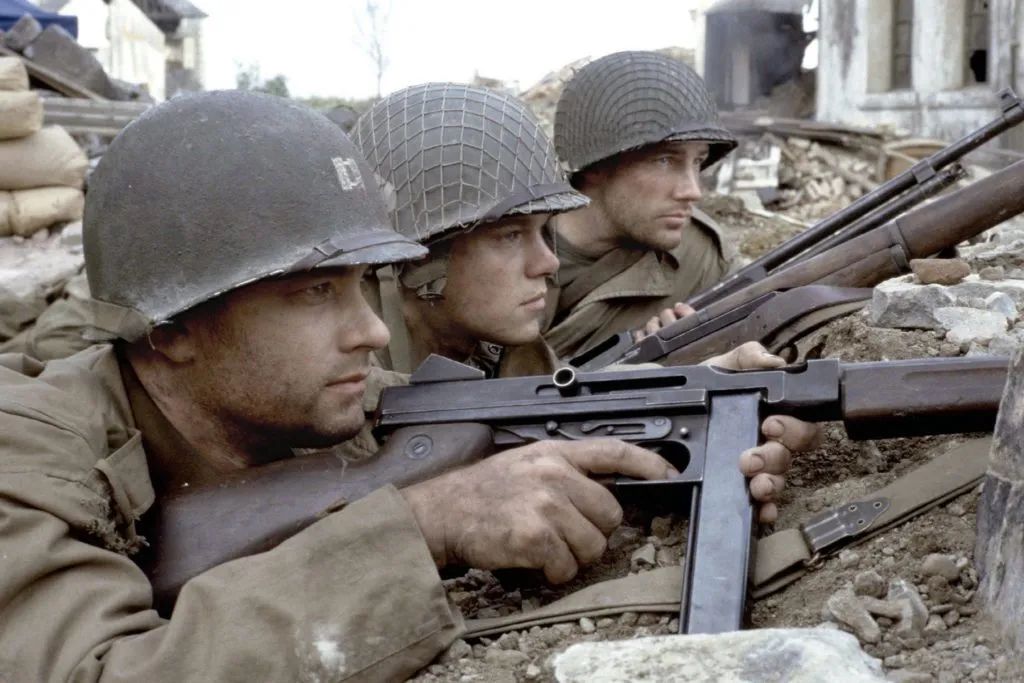
9. **D-Day (As Seen in *Saving Private Ryan*)**Alright, history buffs, let’s talk about a moment that’s practically seared into the collective consciousness, largely thanks to cinema: D-Day. While the main story of *Saving Private Ryan* focuses on the rescue of one soldier, what most people instantly remember, and rightly so, is the absolutely harrowing and visceral storming of Normandy Beach on D-Day. That scene alone is an unforgettable cinematic experience that drops you right into the chaos.
This momentous invasion, carried out by Allied forces, wasn’t just another battle; it “did certainly change” the course of history in a profound way. It marked the beginning of the end for World War II in Europe. The sheer scale of the operation and the incredible bravery displayed on those beaches were nothing short of legendary, even though the war would continue for almost another year before its final conclusion. It was the turning point that signaled victory was within reach.
*Saving Private Ryan* redefined how war is portrayed on screen, bringing a stark, unflinching realism to the horrors of combat. It helps us grasp the immense human cost and the incredible sacrifices made during this monumental military endeavor. D-Day itself remains a powerful symbol of courage and collective effort, a historical event whose impact reverberates through generations, a testament to the fact that even one day can shift the fate of the world.
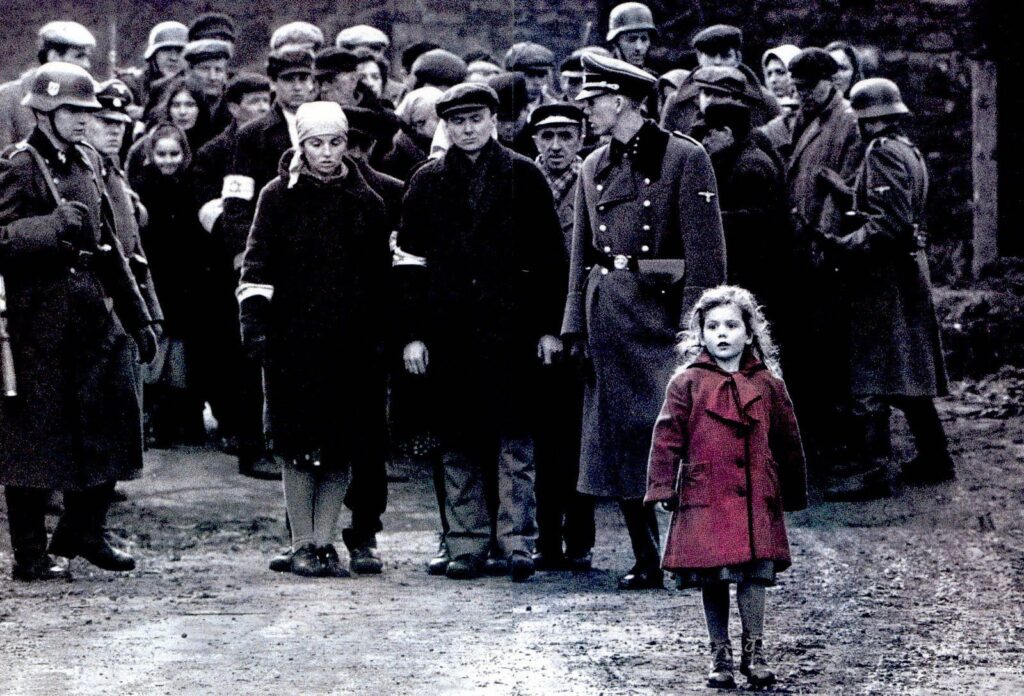
10. **The Holocaust (As Seen in *Schindler’s List*)**There are some stories in human history that are so vast, so incredibly heartbreaking, and so utterly profound that they defy easy explanation. The Holocaust is unequivocally one of them, representing a period of unimaginable horror and one of the darkest chapters in human experience. It’s a tragedy that, as the context rightly points out, is “impossible to tell the whole story” in a single film or series.
There are some stories in human history that are so vast, so incredibly heartbreaking, and so utterly profound that they defy easy explanation. The Holocaust is unequivocally one of them, representing a period of unimaginable horror and one of the darkest chapters in human experience. It’s a tragedy that, as the context rightly points out, is “impossible to tell the whole story” in a single film or series.
Yet, Steven Spielberg’s undisputed masterpiece, *Schindler’s List*, manages to capture the raw “emotion and horror” of this era through its focused narrative. It tells the astonishing true story of Oskar Schindler, a German businessman who saved the lives of over a thousand Jews during the Holocaust. The film’s brilliant approach doesn’t try to encompass every aspect of the genocide but rather finds the profound human spirit and incredible courage amidst the overwhelming darkness.
This isn’t just a movie you watch; it’s an experience that leaves an indelible mark. It’s often said that “it’s a movie many can’t watch more than once, but it’s a movie everyone should see,” and for good reason. *Schindler’s List* serves as a powerful, enduring reminder of humanity’s capacity for both unspeakable cruelty and astonishing acts of compassion. It emphasizes the importance of remembering history, ensuring that such atrocities are never forgotten, and hopefully, never repeated.
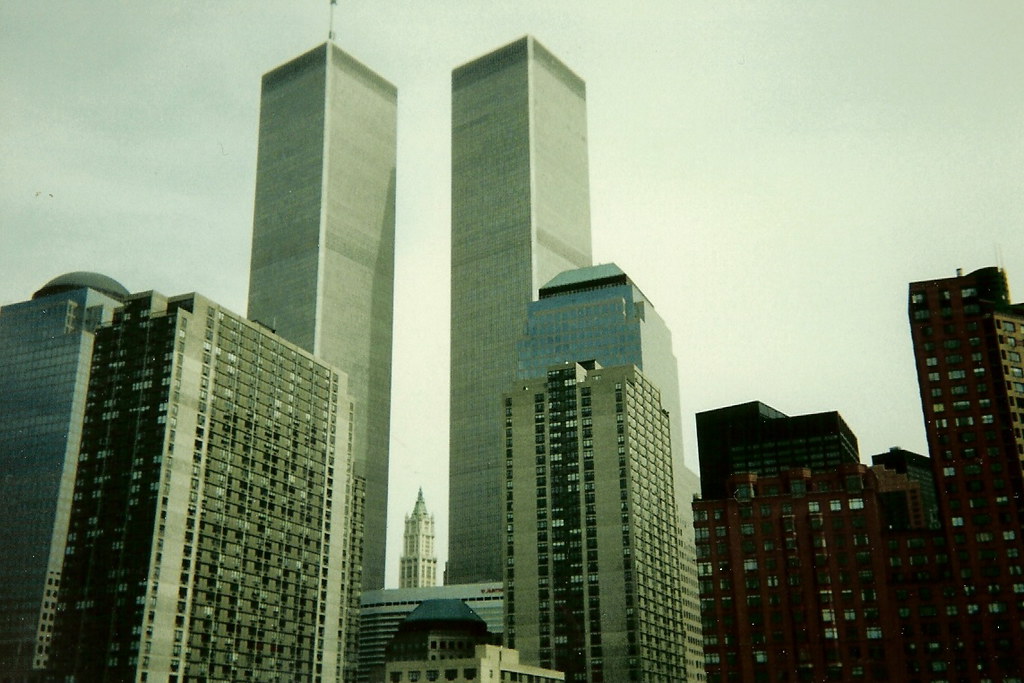
11. **The 9/11 Attacks (As Seen in *World Trade Center*)**For anyone old enough to remember, there’s a distinct line in time: “there was before 9/11, and there was after.” That fateful day in September 2001 irrevocably changed everything, not just in the United States, but literally “everywhere” across the globe. It triggered wars that spanned decades, transformed international security protocols, and fundamentally altered how countries approached global threats. It was a day that truly reshaped the world’s perception of safety and conflict.
The sheer magnitude of change unleashed by 9/11 is almost “hard to put it into words,” making cinematic portrayals incredibly important for understanding its impact. Oliver Stone’s *World Trade Center* bravely steps into this recent history, focusing on the immediate aftermath and the stories of those directly affected. The film offers a powerful, human-centered perspective, reminding us of the immense bravery of first responders and the horrific events that unfolded.
By concentrating “on the events of the day,” Stone’s film serves as a poignant reminder “of the horrors and the aftermath” that reverberated far beyond New York City and Washington D.C. It’s a vital piece of storytelling that helps viewers grapple with the immediate terror and the long-lasting implications of a day that created a profound historical divide. It’s a moment in history that continues to define policies, narratives, and countless personal lives.
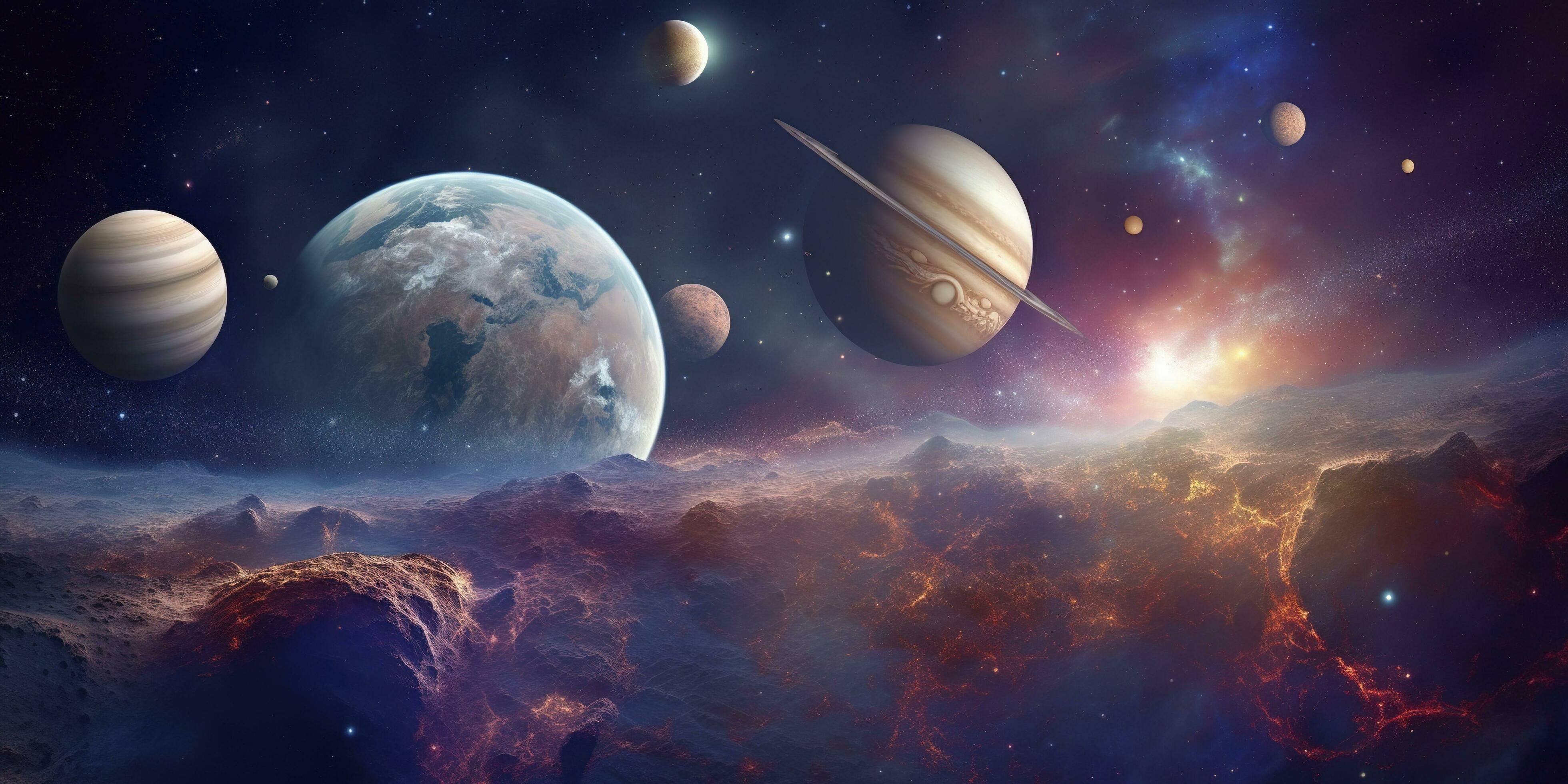
12. **The Space Race & Mercury Seven (As Seen in *The Right Stuff*)**Get ready to blast off with some serious Cold War drama, because in the mid-20th Century, the US and the USSR weren’t just duking it out on Earth; they were in a thrilling “race each other to space.” While the Soviets might have technically won the initial sprint, let’s be real, the Americans put up a valiant effort, and their story is absolutely iconic. This isn’t just about who got there first; it’s about pushing the boundaries of human endeavor!
The incredible saga of the Mercury Seven, the very first Americans selected to venture into space, is “told wonderfully in *The Right Stuff*.” Based on Tom Wolfe’s seminal book, this film captures the courage, camaraderie, and intense training of these pioneering astronauts. With an “all-star cast,” it brings to life the individual stories behind the national ambition, showing the human element at the heart of this monumental scientific and military endeavor.
Beyond the thrilling competition, think about how much we owe to this era! “Where would we be without satellites, jet propulsion, or any of the other things we take for granted that are a result of the space race?” These advancements, born from that ambitious rivalry, have profoundly affected everyone on Earth, shaping our modern world in countless ways. *The Right Stuff* isn’t just about rockets; it’s a celebration of human ingenuity and daring spirit that changed life as we know it!
And there you have it, folks! From the quiet intensity of White House war rooms to the terrifying brilliance of scientific breakthroughs, and the heartbreaking yet inspiring resilience of humanity, these films and TV shows don’t just tell stories — they *are* history, brought to life with such vivid detail and gripping drama that you can almost feel the past breathing down your neck. They remind us that history isn’t just a collection of dates and names; it’s a vibrant, often messy, and always compelling narrative of our shared human journey. So next time you’re looking for something to stream, why not travel through time and discover a pivotal moment that truly shaped our world? You might just find yourself completely engrossed, learning more than you ever expected!



